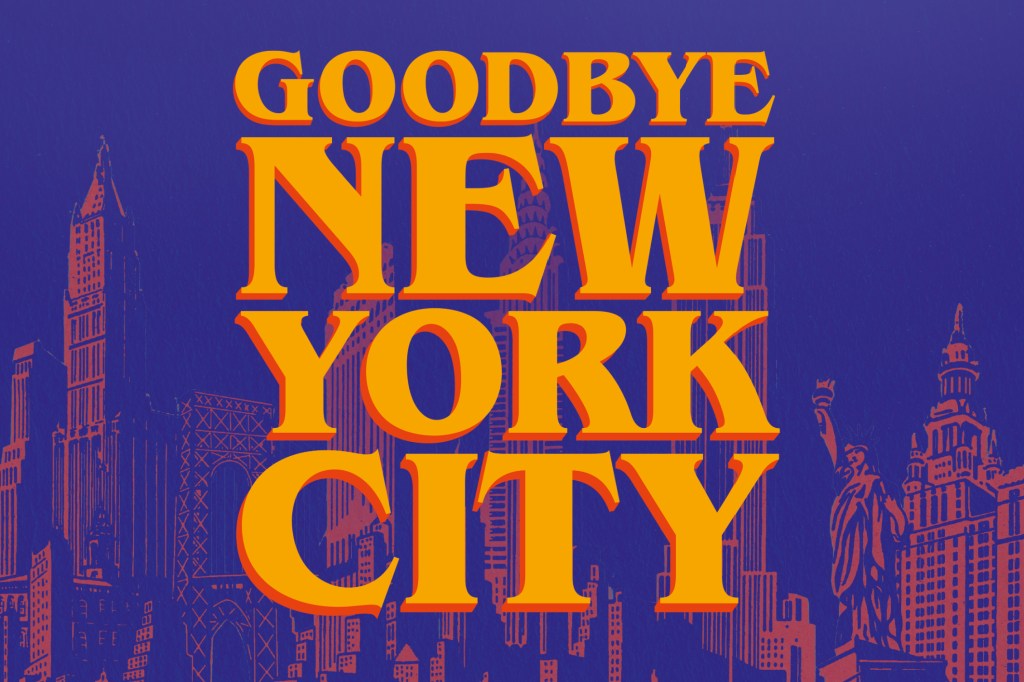Has the vibe shift finally hit the publishing world? There might just be some hope that one of the industries most captured by woke scolds, by the nonbinary heirs of Mary Whitehouse, has finally clocked which way the cultural winds are blowing – away from cancel culture and identity politics and towards something freer and saner.
This apology will be cold comfort for Clanchy, whose brush with cancel culture was particularly brutal – and totally unearned
You may remember Kate Clanchy, the celebrated author whose cancellation in 2021 was among the most heinous of the post-BLM mania. Some Kids I Taught and What They Taught Me, her hit memoir about her days teaching in an Oxford comprehensive, was smeared as racist and her publisher did what was then expected of it and threw her under the bus. She eventually split with Picador, her publisher for two decades, in 2022.
Now, following a BBC Radio 4 series into Clanchy’s reputational decapitation, Pan Macmillan – Picador is one of its imprints – has formally apologised to her, calling her cancellation a ‘regrettable series of events in Pan Macmillan’s past’. ‘I’m sorry for the hurt that was caused to Kate Clanchy’, said Pan Macmillan CEO Joanna Prior. Better late than never, I suppose.
This will be cold comfort for Clanchy, whose brush with cancel culture was particularly brutal – and totally unearned. When Some Kids was released in 2020, it won the Orwell Prize, the judges hailing it as ‘moving, funny, full of love and offer[ing] sparkling insights into modern British society’. One year later, it was being slammed by authors, tweeters and Goodreads reviewers as ‘rooted in eugenics and phrenology’, forcing Clanchy and Picador into releasing hostage-letter-style apologies and pledging to rewrite this supposedly ‘bigoted’ tome.
And for what? The book was an affectionate portrait of the diverse array of kids Clanchy taught, who she nurtured and helped to publish poetry. But because of a few choice lines, wrenched out of context, describing the ‘chocolate-coloured skin’ and ‘almond-shaped eyes’ of some ethnic-minority pupils, as well as her ‘unselfconsciously odd’ autistic pupils, she was essentially made out to be the Hay Festival’s answer to Josef Mengele.
The Radio 4 series lays bare what cancel culture means for the cancelled – career, reputational and social death. Clanchy says she lost work and friends and even contemplated suicide. ‘I really wanted to die for a very long time’, she says. It’s one thing to lose your livelihood, it’s quite another to do so in the full glare of the media, while idiots with more degrees than sense are invited on to the airwaves to sully your good name.
Clanchy’s cancellation was so intense it sparked sub-cancellations. The Society of Authors ‘distanced itself’ from Philip Pullman after he initially defended her, before cravenly apologising. Poetry Wales magazine apologised for publishing a conversation with Clanchy, even though it was about a completely different subject and was released before the ‘scandal’ had even erupted.
It’s the cowardice, the glaring absence of balls, that is so striking. The Beeb has revealed that Picador originally drafted a statement backing up Clanchy. On 4 August 2021, it intended to tell the mob that ‘Kate Clanchy has been a force for good in the worlds of education and publishing for many years. She has transformed the lives of many young people.’ By 9 August, it had settled on: ‘We want to apologise profoundly for the hurt we have caused, the emotional anguish experienced by many of you who took the time to engage with the text.’ Presumably, the DEI team had a word.
Indeed, in those heady days, the calls for publishers to pulp ‘problematic’ books or denounce their own authors often came from inside the house. The more emotionally incontinent staffers at Penguin Random House Canada essentially launched a struggle session when it had the temerity to publish the follow-up to Jordan Peterson’s smash-hit 12 Rules for Life, dubbing the culture-warring clinical psychologist an ‘icon of hate speech’. At Hachette, workers threatened to down MacBooks and refuse to work on a new J.K. Rowling kids’ book, on account of her outrageous view that men can’t have periods. All of this happened in 2020, or thereabouts, the year the lunatics were given the keys to the asylum.
We can only hope the publishing industry is beginning to find the minerals to stand up to them. It was stifling enough when our cultural gatekeepers were insufferable metropolitan liberals, all of the same class and opinion but at least nominally committed to words and ideas. The Great Awokening delivered us an even more irksome set of cultural gatekeepers, also all of the same class and opinion, who think words are violence and ideas are for fascists. It’s time we turned the page.









Comments